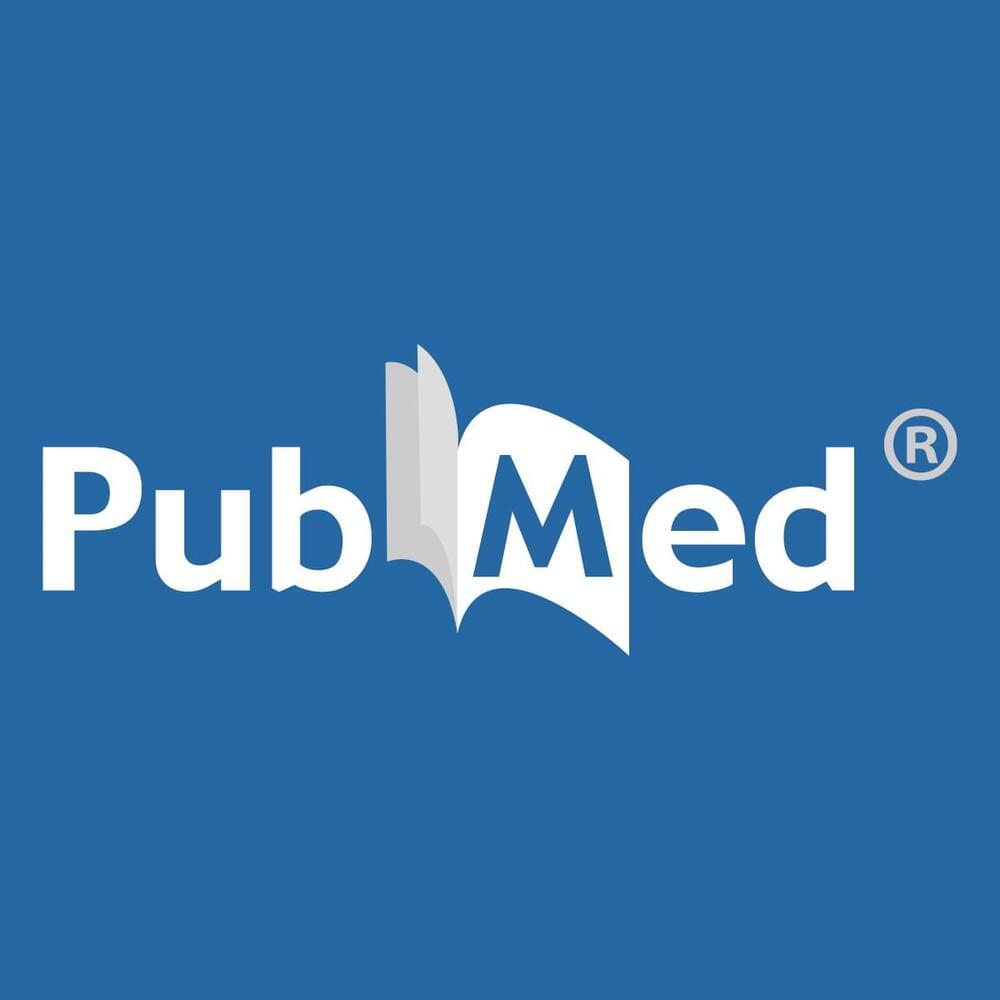Macromolecular information transfer can be defined as the process by which a coded monomer sequence is communicated from one macromolecule to another. In such a transfer process, the information sequence can be kept identical, transformed into a complementary sequence or even translated into a different molecular language. Such mechanisms are crucial in biology and take place in DNA→DNA replication, DNA→RNA transcription and RNA→protein translation. In fact, there would be no life on Earth without macromolecular information transfer. Mimicking such processes with synthetic macromolecules would also be of major scientific relevance because it would open up new avenues for technological applications (e.g. data storage and processing) but also for the creation of artificial life. In this important context, this minireview summarizes recent research about information transfer in synthetic oligomers and polymers. Medium-and long-term perspectives are also discussed.
Keywords: Artificial Translation; Molecular Replication; Precision Polymers; Sequence-Controlled Polymers; Template-Directed Synthesis.
© 2023 The Authors. Angewandte Chemie International Edition published by Wiley-VCH GmbH.
